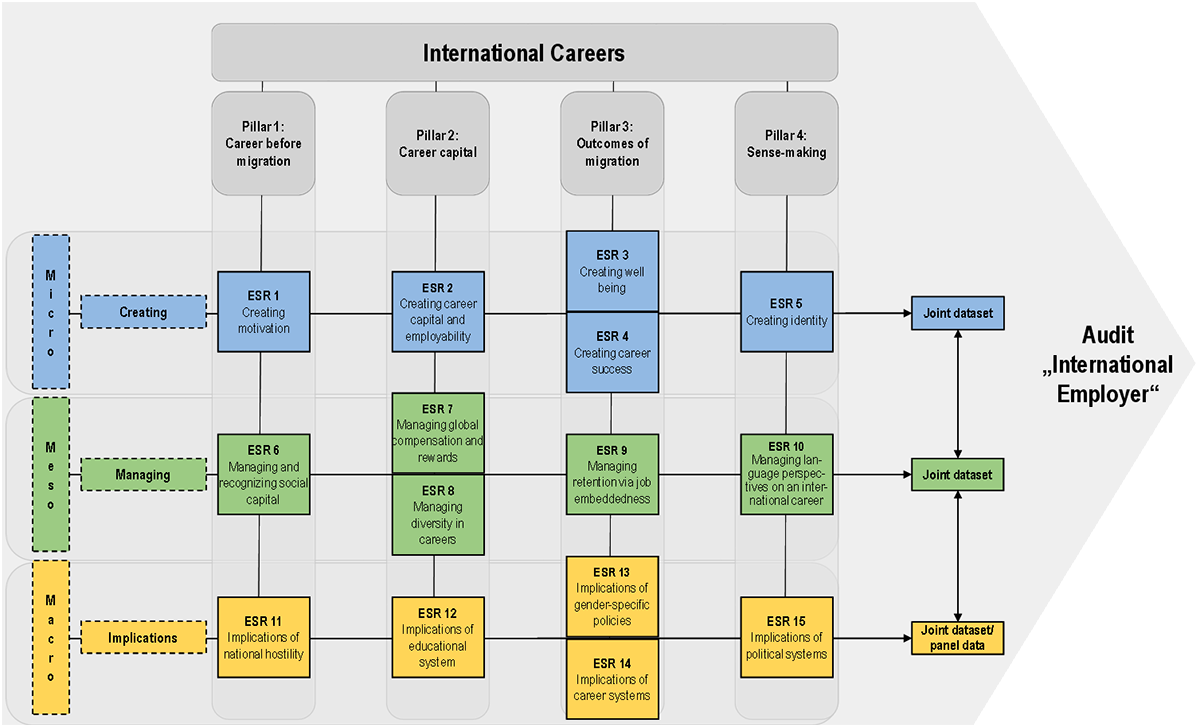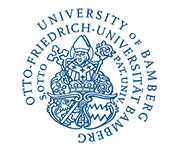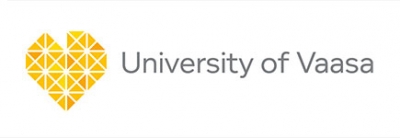Project description
The GLOMO project will see seven partners from across Europe build an ambitious and unique network of experts in the field of global labour mobility in a longer-term bid to tackle increasing labour and skills shortages in the EU. Fifteen PhD positions focus on the topics of migration and expatriation. The project, which started on 1 January 2018 runs for 48 months, will generate knowledge and provide training on the phenomenon of global labour mobility and suggest relevant implications for individuals, organisations and European societies and economies.

“There continue to be challenges relating to cross-border labour mobility, in spite of a favourable legal framework. This project aims to understand and promote labour mobility across Europe and to make it more efficient and beneficial for all parties involved.”
Professor Dr. Maike Andresen, Chair of Human Resource Management and Organisational Behaviour at the University of Bamberg. GLOMO Project Co-ordinator.
Watch the GLOMO overview video to learn about the Global Mobility Project
GLOMO’s cross-level research approach
Promoting labour mobility across Europe is a central objective of the Europe 2020 Strategy and it aims to tackle increasing labour and skill shortages in the EU. Cross-border labour mobility is expected to benefit both individual citizens, employers and the aggregate economy. In addition, intra-EU mobility is a means to foster European integration. Although migration into OECD countries increases, driven largely by people moving within the EU, migration into and within Europe is still short of target levels. Despite a favourable legal framework for mobility, migrants still face a wide range of problems and obstacles that hamper cross-border labour mobility. Employment prospects for immigrants are below those of natives and over-qualification, i.e. employment below skill levels, is widespread in most European countries. Consequently, the growth potential of immigrants is far from realised. Little is known about transnational mobility patterns and the length of migration episodes as well as about retention processes of foreign employees.
There is considerable scope to make existing labour mobility more efficient and beneficial for all parties involved. The policy making white papers and research suggest that the future Europe will witness even higher and more natural mobility.
To assure that Europe is ready for it, our GLOMO objectives are (a) to systematically generate knowledge about the mobility phenomenon and its implications (success factors, effects and added value); (b) provide trainings to (further) develop early-stage and senior researchers understanding the complex multidisciplinary phenomenon of mobility, and (c) suggest relevant implications for individuals, organisations, the European societies and economies.
The joint research and training programme will be conducted within an interdisciplinary and intersectoral network of experts in the field.






